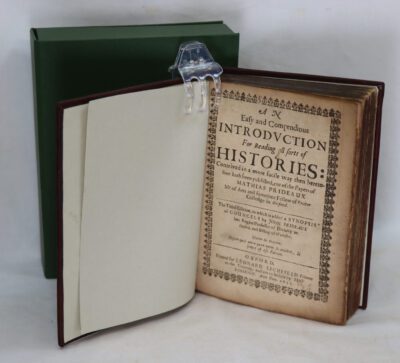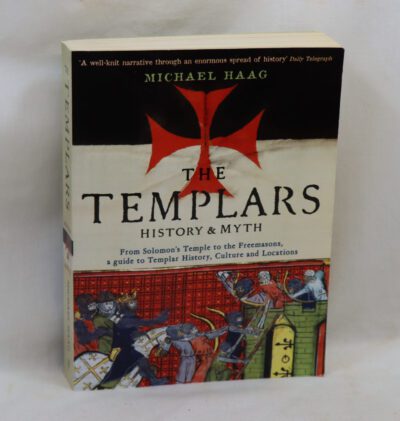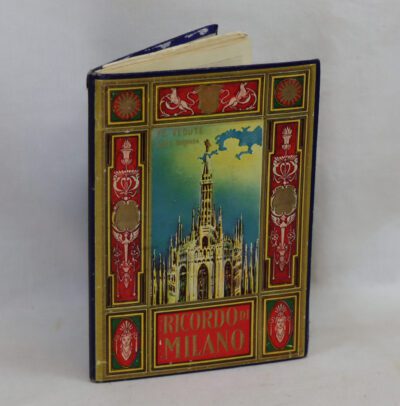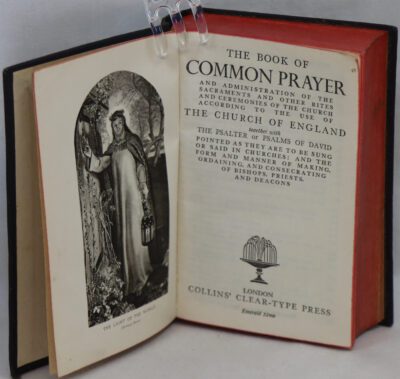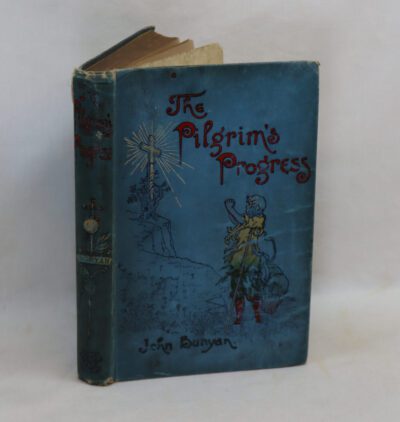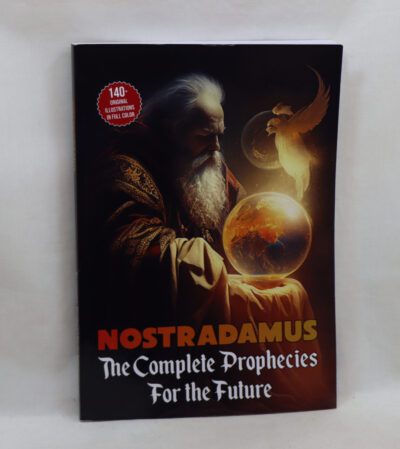John Bunyan. A lecture by Rev. W Morley Punshon.
Printed: 1857
Publisher: Young Men's Christian Association.
Edition: first edition
| Dimensions | 11 × 19 × 1 cm |
|---|---|
| Language |
Language: English
Size (cminches): 11 x 19 x 1
Condition: Fine (See explanation of ratings)
Item information
Description
Black spine , grey cloth boards with white title plate.
First Edition if not an only copy
John Bunyan (baptised 30 November 1628 – 31 August 1688) was an English writer and Puritan preacher best remembered as the author of the Christian allegory The Pilgrim’s Progress. In addition to The Pilgrim’s Progress, Bunyan wrote nearly sixty titles, many of them expanded sermons.
Bunyan came from the village of Elstow, near Bedford. He had some schooling and at the age of sixteen joined the Parliamentary Army during the first stage of the English Civil War. After three years in the army, he returned to Elstow and took up the trade of tinker, which he had learned from his father. He became interested in religion after his marriage, attending first the parish church and then joining the Bedford Meeting, a nonconformist group in Bedford, and becoming a preacher. After the restoration of the monarch, when the freedom of nonconformists was curtailed, Bunyan was arrested and spent the next twelve years in jail as he refused to give up preaching. During this time he wrote a spiritual autobiography, Grace Abounding to the Chief of Sinners, and began work on his most famous book, The Pilgrim’s Progress, which was not published until some years after his release.
Bunyan’s later years, in spite of another shorter term of imprisonment, were spent in relative comfort as a popular author and preacher, and pastor of the Bedford Meeting. He died aged 59 after falling ill on a journey to London and is buried in Bunhill Fields. The Pilgrim’s Progress became one of the most published books in the English language; 1,300 editions having been printed by 1938, 250 years after the author’s death.
Bunyan is remembered in the Church of England with a Lesser Festival on 30 August, and on the liturgical calendar of the United States Episcopal Church on 29 August. Some other churches of the Anglican Communion, such as the Anglican Church of Australia, honour him on the day of his death (31 August).
Punshon was born at Doncaster, Yorkshire, was educated there, and, after spending a few years in business, at the Wesleyan College, Richmond. In 1845 he received his first appointment, at Marden, Kent, and soon became known as a preacher. After serving the usual period of probation he was ordained at Manchester in 1849 and for the next nineteen years travelled in several circuits, including some of those in London (1858–1864).
In 1868 he went to Chicago as the representative of the Wesleyan Methodist conference, and settling in Canada did much to advance the cause of his denomination. His preaching and lecturing drew great crowds both in the Dominion and in the United States, and he was five times president of the Canadian conference. In Canada, he often worked with and mentored Manly Benson a Methodist minister who was an eloquent lecturer. While in Canada, he wed his sister-in-law, a marriage which was forbidden by the British Methodists. In his five short years in Canada Dr. Punshon restored the fortunes of the flagging Victoria College in Cobourg, Ontario, (now Victoria University in the University of Toronto), and created the great Metropolitan Methodist Church in downtown Toronto (now Metropolitan United Church, the flagship congregation of the United Church of Canada).
He returned to England in 1873, was elected president of conference 1874, and in 1875 one of the missionary secretaries. A sign of his oratory was the collection after one of his sermons at the City Road chapel in 1873, which raised £2,079. He also raised £10,000 over three years for the ‘Watering Places Chapel Fund’ which built 24 chapels in resorts in England and Wales.
He published several volumes of sermons, and a book of verse entitled Sabbath Chimes (1867, new edition 1880).
He died, aged 57, at Tranby Lodge, Brixton Hill, on 14 April 1881 and was interred in a miniature Gothic chapel erected at West Norwood Cemetery. A bust of him was installed at the City Road chapel in 1884.
Condition notes
Want to know more about this item?

Share this Page with a friend




